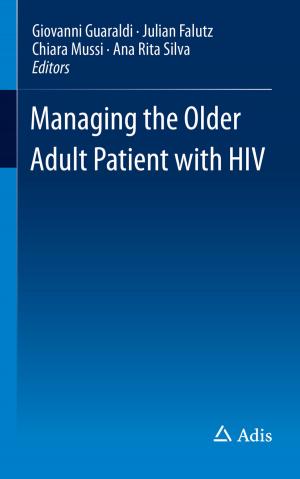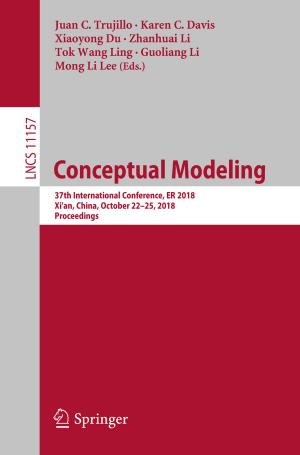Avian Ecology in Latin American Cityscapes
Nonfiction, Science & Nature, Science, Biological Sciences, Ecology, Nature, Environment, Environmental Conservation & Protection| Author: | ISBN: | 9783319634753 | |
| Publisher: | Springer International Publishing | Publication: | November 10, 2017 |
| Imprint: | Springer | Language: | English |
| Author: | |
| ISBN: | 9783319634753 |
| Publisher: | Springer International Publishing |
| Publication: | November 10, 2017 |
| Imprint: | Springer |
| Language: | English |
This book gathers a representative sample of the relevant knowledge related to the ecology, behavior, and conservation of birds in urban Latin America. Latin America is one of the most biodiverse regions of the world, yet it is still understudied. Although it concentrates most of its population in rapidly growing cities under considerable economic, social, and environmental disparity, the study of the effects that urbanization has on biodiversity in Latin America is still insufficient. Among the best-studied wildlife groups, birds have been widely used as bioindicators in urban areas. Going from general to specific information regarding avian communities, populations, behavior, threats, and conservation issues, this book describes the state-of-the-art of avian urban ecology in the region. Such knowledge will hopefully promote the regional consolidation of the field and encourage future mechanistic studies that untangle the recorded patterns in order to have the required information to bridge the gap between evidence-based knowledge and practice in urban systems. Thus, the information included in this document will allow scientists, students, and even decision takers to relate with the current knowledge and gaps related to the topic, providing perspective for future studies and actions.
This book gathers a representative sample of the relevant knowledge related to the ecology, behavior, and conservation of birds in urban Latin America. Latin America is one of the most biodiverse regions of the world, yet it is still understudied. Although it concentrates most of its population in rapidly growing cities under considerable economic, social, and environmental disparity, the study of the effects that urbanization has on biodiversity in Latin America is still insufficient. Among the best-studied wildlife groups, birds have been widely used as bioindicators in urban areas. Going from general to specific information regarding avian communities, populations, behavior, threats, and conservation issues, this book describes the state-of-the-art of avian urban ecology in the region. Such knowledge will hopefully promote the regional consolidation of the field and encourage future mechanistic studies that untangle the recorded patterns in order to have the required information to bridge the gap between evidence-based knowledge and practice in urban systems. Thus, the information included in this document will allow scientists, students, and even decision takers to relate with the current knowledge and gaps related to the topic, providing perspective for future studies and actions.















